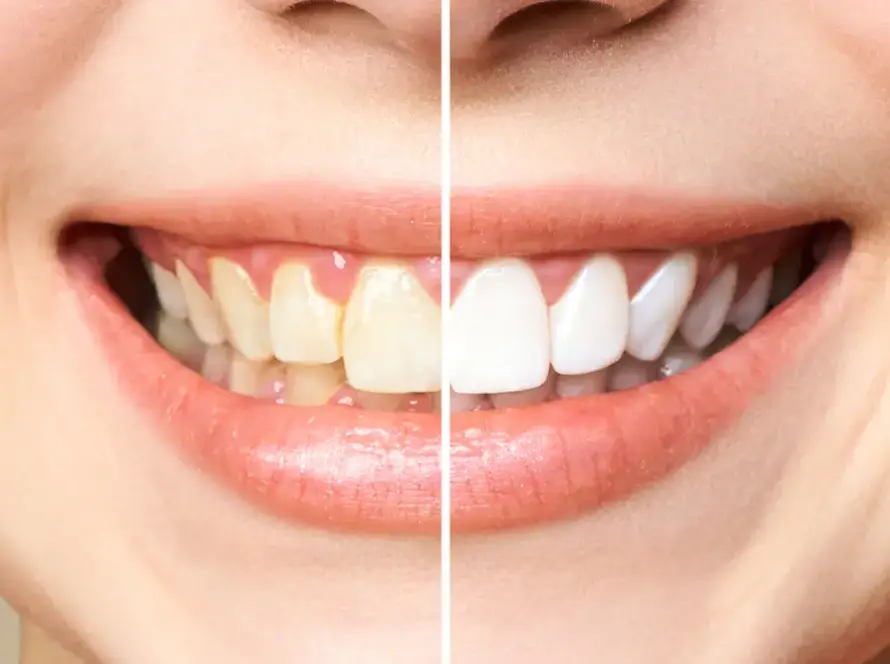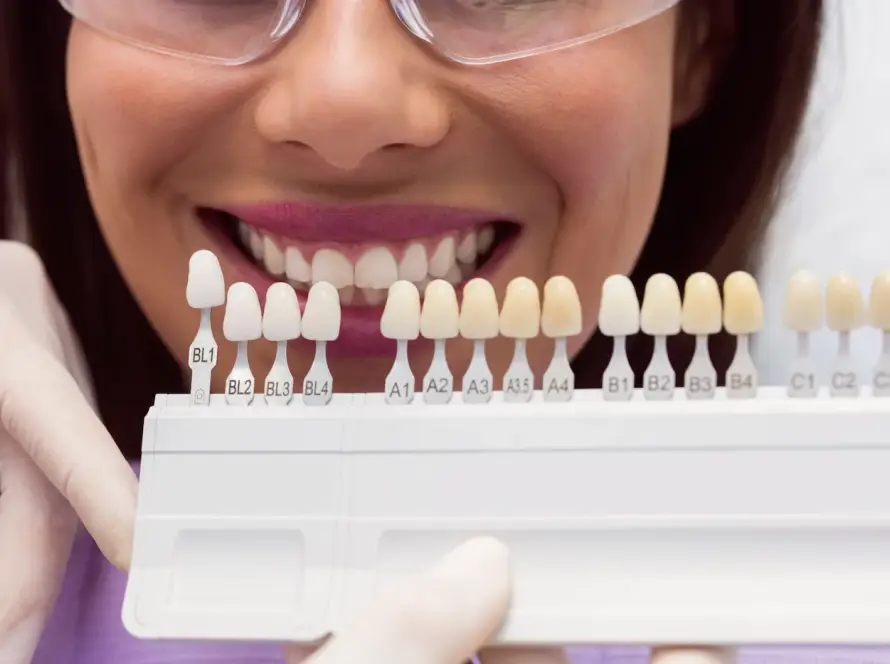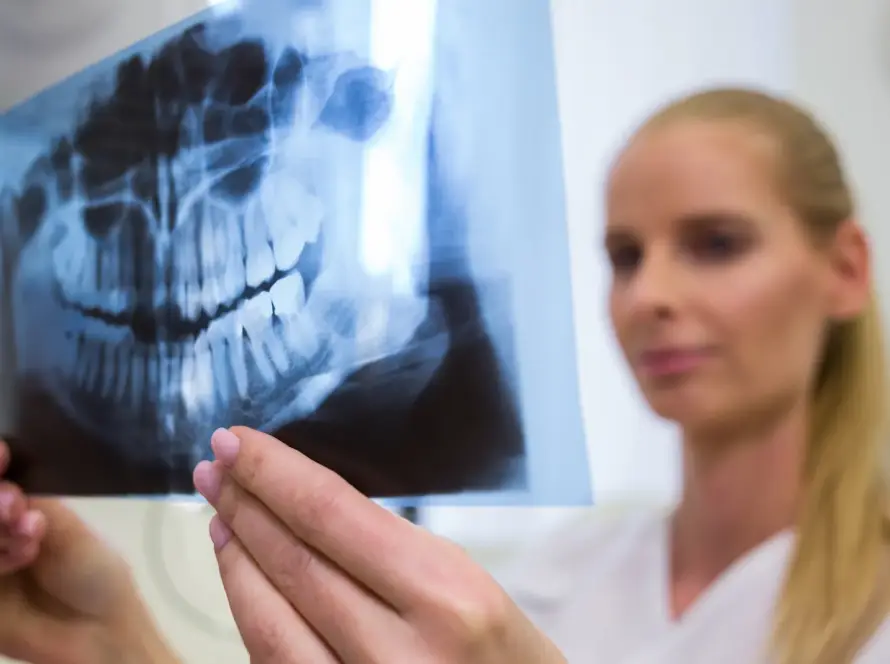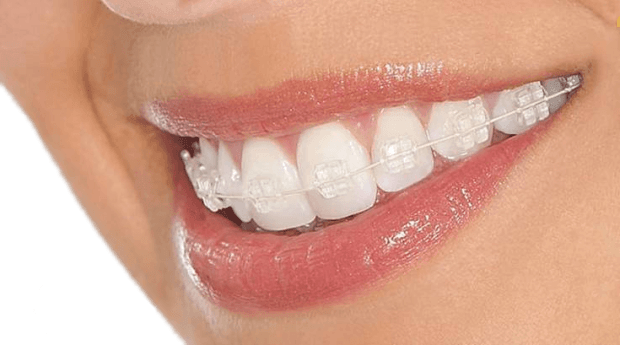Green tea is a popular beverage that has been consumed for centuries, primarily in Asian countries like China and Japan. It is made from the leaves of the Camellia sinensis plant, which undergo minimal oxidation during processing. This minimal processing helps to retain the natural compounds and antioxidants present in the leaves, making green tea a healthier alternative to other types of tea. In this guide, we will examine the effect of green tea on teeth
Does Green Tea Stain Teeth?
Green tea has gained popularity for its numerous health benefits, but many individuals are concerned about its potential to stain teeth. While it is true that certain beverages, such as coffee and red wine, are known to cause teeth staining, the impact of green tea on tooth discoloration is a commonly debated topic.
- Staining Potential: It is important to note that green tea contains natural compounds called tannins, which can contribute to tooth staining. Tannins are known to promote discoloration by binding to the enamel, creating a darkened appearance over time. However, the staining potential of green tea is generally considered to be lower compared to other beverages known for their staining effects.
- Degree of Staining: The degree to which green tea stains teeth can vary depending on various factors, including the quality and amount of tea consumed, the individual’s oral hygiene habits, and other lifestyle factors. Generally, the staining caused by green tea is gradual and may not be as pronounced as with other staining substances.
- Preventive Measures: To minimize the potential staining effects of green tea, individuals can adopt certain preventive measures. These include practicing good oral hygiene by brushing and flossing regularly, as well as rinsing the mouth with water after consuming green tea. Additionally, visiting a dentist for professional teeth cleaning can help remove surface stains and maintain optimal oral health.
- Teeth Whitening: If tooth discoloration from green tea becomes a concern, individuals can explore professional teeth whitening options. Dentists can provide treatments that help remove stains and restore the natural whiteness of teeth. Whitening toothpaste and over the counter whitening strips are also available for at home use, although their effectiveness may vary.
In conclusion, while green tea contains tannins that can contribute to tooth staining, its staining potential is generally considered to be lower than that of other beverages. Adopting good oral hygiene practices and seeking professional teeth cleaning can help minimize and manage any potential staining effects. If desired, teeth whitening options can be explored to restore the natural whiteness of the teeth.
Comparing Green Tea Stains with Other Beverages
When it comes to staining teeth, green tea is often seen as a milder culprit compared to other beverages. However, it’s important to consider how different beverages can affect the color of your teeth.
- Coffee: Coffee is notorious for staining teeth due to its dark color and high acidity. The tannins in coffee can penetrate enamel and cause yellowing or brown stains over time. Green tea, on the other hand, contains less acid and tannins, making it a relatively less staining option.
- Black Tea: Black tea is known for its rich color and strong tannin content, which can lead to teeth staining. Compared to green tea, black tea has a higher potential to cause yellow or brown discoloration.
- Red Wine: Red wine is another common culprit for teeth staining. Its dark color and high acidity can leave behind noticeable stains. Green tea, with its lighter color and lower acidity, is generally less likely to cause extensive staining in comparison.
- Soda and Fruit Juices: Carbonated beverages and fruit juices often contain high amounts of sugar and acids that can erode tooth enamel and contribute to staining. Green tea, with its lower sugar and acid content, presents a better choice to limit potential teeth staining.
While green tea may still have the potential to stain teeth, especially if consumed in large quantities or with poor oral hygiene practices, it is generally considered less likely to cause severe discoloration compared to other beverages. However, maintaining a good oral hygiene routine and regular dental cleanings are essential in minimizing any potential staining effects. Factors that Influence the Staining Potential of Green Tea
Green tea is known for its numerous health benefits, but it can also contribute to tooth staining. Several factors influence the staining potential of green tea, including:
- Tannins: Green tea contains high levels of tannins, which are natural compounds that can bind to proteins and stain teeth. These tannins can build up on the tooth enamel over time, leading to discoloration.
- Temperature: The temperature at which green tea is consumed can affect its staining potential. Hot tea has been found to cause more tooth staining compared to cold or iced tea. This may be due to the fact that hot tea can soften the tooth enamel, making it more susceptible to staining.
- Steeping time: The longer green tea is steeped, the more tannins are released, increasing the likelihood of staining. It is recommended to steep green tea for no more than 2-3 minutes to minimize staining potential.
- Frequency of consumption: The more frequently green tea is consumed, the greater the chance of staining. Regular exposure to tannins can lead to the accumulation of stains on the teeth over time.
- Oral hygiene practices: Good oral hygiene practices, such as regular brushing and flossing, can help remove surface stains caused by green tea. It is important to maintain a thorough oral care routine to minimize the staining potential.
While green tea can stain teeth, it is important to note that the staining is usually mild and can be managed with proper oral hygiene practices. Additionally, there are various teeth whitening options available for those who desire a brighter smile.
Preventive Measures to Minimize Teeth Staining from Green Tea
To minimize teeth staining from green tea, there are several preventive measures that individuals can take:
- Brushing after consumption: To prevent stains from setting in, it is recommended to brush your teeth immediately after drinking green tea or at least within 30 minutes.
- Rinsing with water: If brushing is not possible, rinsing your mouth with water after drinking green tea can help wash away the staining compounds and reduce the risk of discoloration.
- Using a straw: Drinking green tea through a straw can help minimize contact between the tea and your teeth, reducing the chances of staining.
- Limiting consumption: Moderating your intake of green tea can also help prevent teeth staining. Instead of sipping on green tea throughout the day, consider having it in one or two sittings to minimize exposure to the teeth.
- Maintaining good oral hygiene: Regular brushing, flossing, and routine dental cleanings can help remove surface stains and maintain the overall health of your teeth.
By following these preventive measures, you can enjoy the numerous health benefits of green tea while minimizing the risk of teeth staining.















